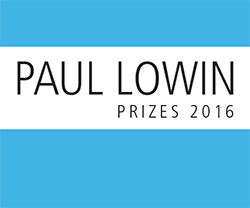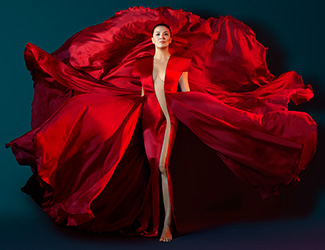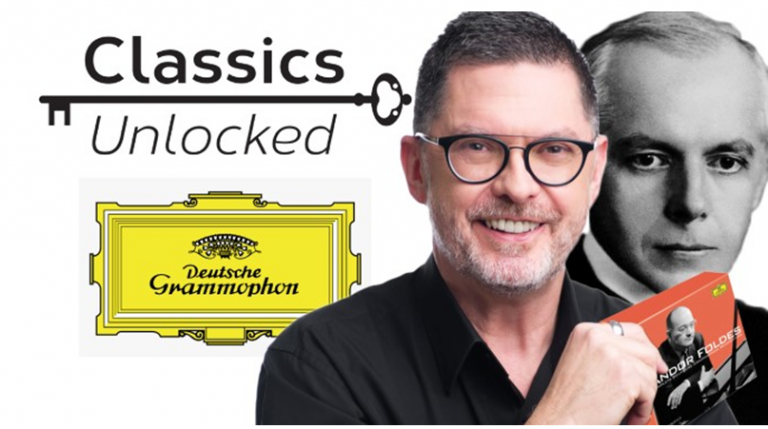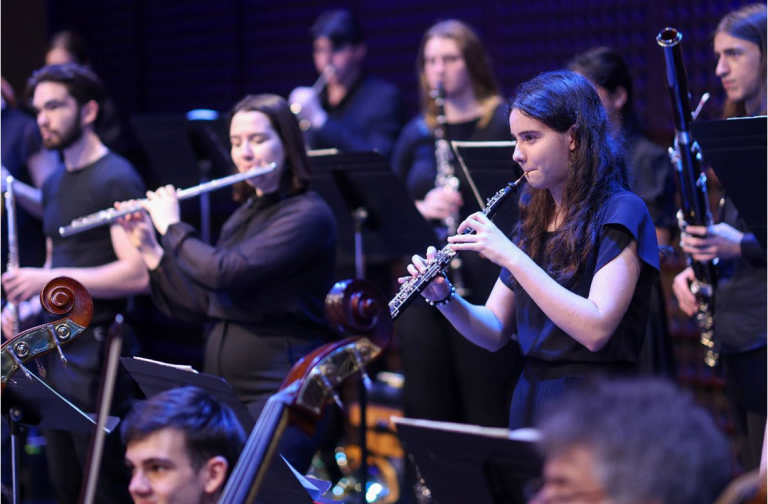Paul Lowin Prizes 2016 – The Shortlist

Six new Australian compositions have been announced as finalists for the 2016 Paul Lowin Prizes.
Shortlisted for the Orchestral Prize of $25,000 are James Ledger for Golden years, a 2013 composition for violin and orchestra, Cathy Milliken’s Earth Plays, written in 2015 for mezzo-soprano and orchestra and Lachlan Skipworth for his Concerto for clarinet and orchestra written in 2014.
Shortlisted for the Song Cycle Prize of $15,000 are three compositions written in 2013. They are the String Quartet No. 2 for soprano and string quartet (And once I played Ophelia ) by Brett Dean, Andrew Ford’s Last Words and Paradise by Andrew Schultz.
Held every 2-3 years and last offered in 2013, the Paul Lowin Prizes are among Australia’s richest prizes for music composition and a continuing testament to the power of philanthropy in fostering and encouraging creative new compositions. The Paul Lowin Prizes are managed by Perpetual and presented in collaboration with the Australian Music Centre.
The recipients of the prizes will be announced in a ceremony in Sydney on 6 December. Other shortlisted works will receive a special commendation and the sum of $400.
The Australian Music Centre reports that a record number of entries were received in each category, with 67 entries for the Orchestral category, and 59 for the Song Cycle category. The judging panels found the overall standard of works extremely high in both categories. Previous recipients of the Paul Lowin Prizes include Nigel Westlake, Elliott Gyger, Mary Finsterer, Andrew Schultz, Brett Dean, Rosalind Page, Nigel Butterley, Julian Yu, Georges Lentz, Brenton Broadstock, Martin Wesley-Smith, Michael Smetanin, Raffæle Marcellino, Liza Lim and Andrew Ford. Nominations for these important prizes were, as always, accepted from the general public as well as music professionals.
Paul Lowin, the benefactor who made these prizes possible, was born in 1893 in Czechoslovakia, and lived in Austria in the 1930s before settling in Australia in 1939 where he lived for two decades before returning to Vienna, where he died in 1961. He left a hand-written will which indicated his wish to establish a competition for works by living Australian composers in a ‘modern but not too modern’ style. Because of the lack of clarity in the will, there ensued a thirty-year sustained effort by the executors of his estate to establish a viable competition for composers. The competition was initially held every three years between 1991-97, and since then every 2-3 years.





